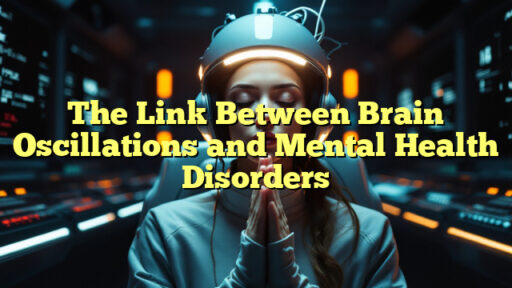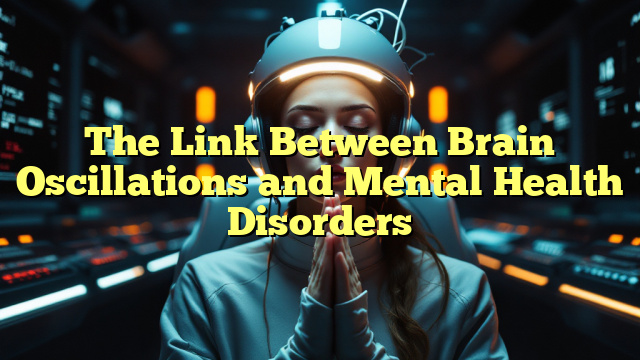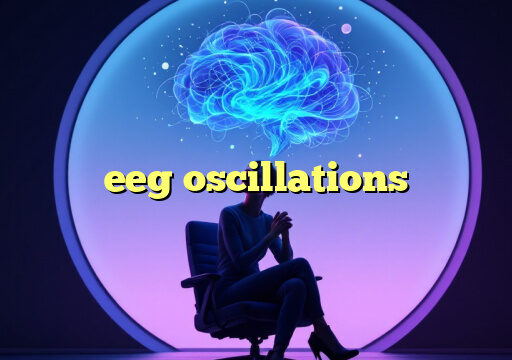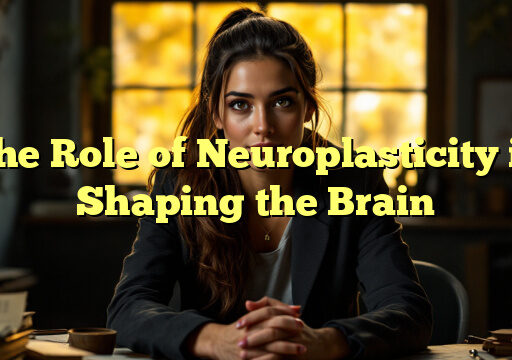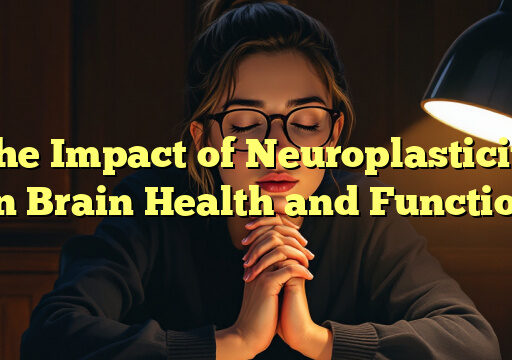Brain oscillations refer to the rhythmic electrical activity that occurs in the brain. These oscillations are essential for various cognitive functions, including perception, attention, memory, and more. Research has shown that disruptions in brain oscillations can be linked to several mental health disorders, such as depression, anxiety, schizophrenia, and ADHD.
Understanding Brain Oscillations
The brain consists of billions of neurons that communicate with each other through electrical impulses. These neurons synchronize their activity to produce brain waves or oscillations in different frequency bands. The main frequency bands of brain oscillations are:
- Delta waves (0.5-4 Hz)
- Theta waves (4-8 Hz)
- Alpha waves (8-12 Hz)
- Beta waves (12-30 Hz)
- Gamma waves (30-100 Hz)
Brain Oscillations and Mental Health Disorders
Research has found that abnormalities in brain oscillations are associated with various mental health disorders. For example:
- Depression: Studies have shown that individuals with depression have decreased activity in the alpha and beta frequency bands.
- Anxiety: People with anxiety disorders often exhibit increased activity in the beta frequency band, especially during stress-inducing situations.
- Schizophrenia: Patients with schizophrenia show abnormalities in gamma oscillations, which are thought to be related to cognitive deficits in the disorder.
- ADHD: Children with ADHD have been found to have altered theta and alpha oscillations compared to typically developing children.
Implications for Treatment
Understanding the link between brain oscillations and mental health disorders can have significant implications for treatment. Techniques such as neurofeedback, transcranial magnetic stimulation, and brainwave entrainment have been used to modulate brain oscillations and improve symptoms of various mental health disorders. By targeting specific frequency bands, these approaches aim to regulate brain activity and restore normal functioning.
Conclusion
Brain oscillations play a crucial role in cognitive function and are closely linked to mental health disorders. Disruptions in these oscillations can lead to symptoms of depression, anxiety, schizophrenia, and ADHD. By targeting and modulating brain oscillations, innovative treatments can be developed to improve the quality of life for individuals with mental health disorders.
FAQs
Q: Can brain oscillations be measured?
A: Yes, brain oscillations can be measured using electroencephalography (EEG) or magnetoencephalography (MEG) techniques.
Q: Are brain oscillations the same in everyone?
A: No, brain oscillations can vary between individuals based on factors such as age, gender, and cognitive abilities.
Q: How can brain oscillations be modulated?
A: Brain oscillations can be modulated through techniques such as neurofeedback, transcranial magnetic stimulation, and brainwave entrainment.
Unlock Your Mental Potential